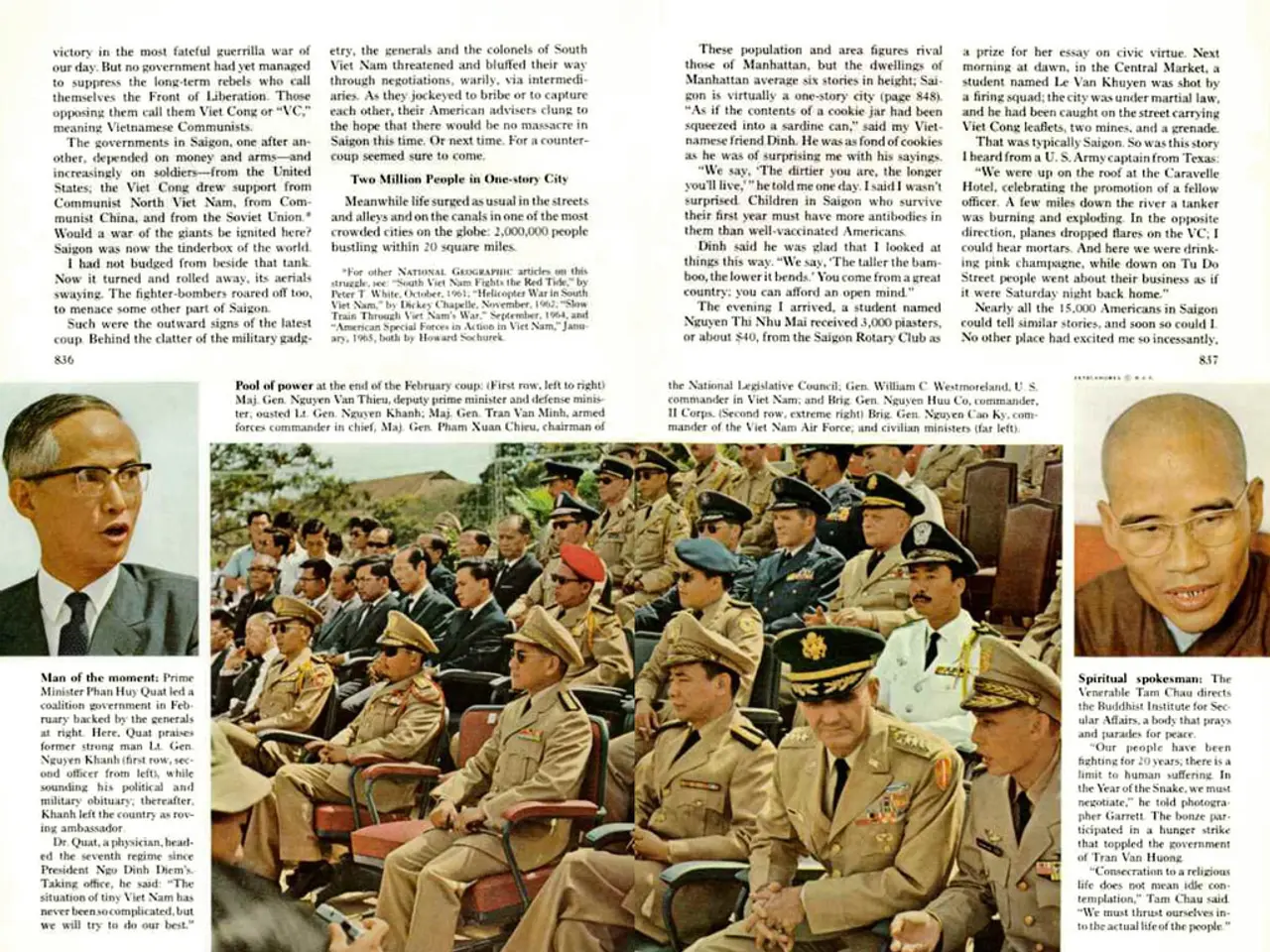Karen Attiah Fired: Black Voices in Media Silenced?
Karen Attiah, the sole Black female opinion writer at The Washington Post, has been fired, sparking concerns about the silencing of Black voices in media and its impact on journalistic freedom and diversity. Her dismissal has drawn criticism from the National Association of Black Journalists (NABJ) and former U.S. President Barack Obama.
Attiah's firing follows her comments on Bluesky about violent white men in the context of Charlie Kirk's killing. The incident has reignited debates over First Amendment rights and the consequences of public discourse. Attiah, known for her consistent views on race, has continued to share her perspective since her dismissal.
The NABJ has expressed alarm, warning of a potential chilling effect on journalists of color. They argue that the exclusion of Black women's perspectives from news outlets hinders the nation's ability to process its identity and values. Media diversity advocates echo these concerns, pointing to the already low representation of Black journalists, with only 6% of all reporting journalists being Black compared to 12% of the U.S. population, according to Pew Research Center.
Former President Obama criticized the Trump administration for escalating 'cancel culture' and pressuring media companies to silence journalists like Attiah. He warned that such actions threaten the First Amendment protections of free speech and press. Despite the controversy, Attiah remains optimistic about the potential for Black thinkers and leaders to create change in the current political climate.
Attiah's firing has highlighted the importance of diversity in opinion writing, which can encourage public debate and prevent misinformation. However, it also underscores the challenges in maintaining credibility amidst differing viewpoints. As media outlets navigate these tensions, the case of Karen Attiah serves as a reminder of the broader implications for journalistic freedom and the representation of diverse voices in media.




